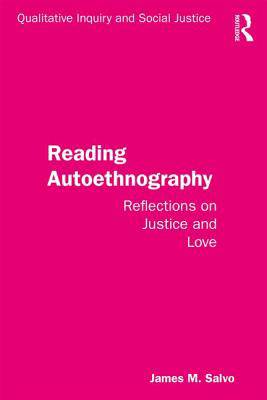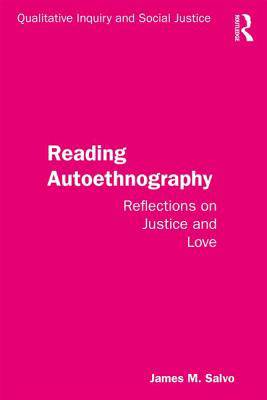
- Retrait gratuit dans votre magasin Club
- 7.000.000 titres dans notre catalogue
- Payer en toute sécurité
- Toujours un magasin près de chez vous
- Retrait gratuit dans votre magasin Club
- 7.000.000 titres dans notre catalogue
- Payer en toute sécurité
- Toujours un magasin près de chez vous
Description
Reading Autoethnography situates autoethnographic insights within the context of two fundamental concerns of critical qualitative inquiry: justice and love.
Through philosophical engagement, it gives close readings of written passages taken from leading autoethnographers and frames the philosophical project of autoethnography as one that is both political and interpersonal. It does this to highlight how autoethnographic lessons can allow us to think through how we may achieve a flourishing for all -- something that is both related to justice as it pertains to the political, and when situations are in excess of justice, related to love as it pertains to feeling at home in the world with others.
As such, this book will be of interest to those who have a burgeoning interest in autoethnography and seasoned autoethnographers alike; anyone interested in critical qualitative inquiry as a discourse promoting justice and love; and any scholar who has encountered the ethical question of: "What ought we do?"
Spécifications
Parties prenantes
- Auteur(s) :
- Editeur:
Contenu
- Nombre de pages :
- 146
- Langue:
- Anglais
- Collection :
Caractéristiques
- EAN:
- 9781138744424
- Date de parution :
- 12-11-19
- Format:
- Livre broché
- Format numérique:
- Trade paperback (VS)
- Dimensions :
- 226 mm x 150 mm
- Poids :
- 258 g







